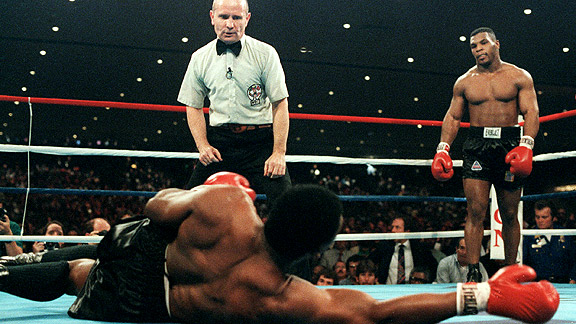CHASKA, Minn. (KMSP) - The search warrants and accompanying documents involved in the Prince death investigation will remain sealed until April 17, 2017. A court order filed Oct. 20 in Carver County extended the seal that was first requested just days after Prince’s death. That first order expired Monday.
Why the documents are sealed
According to the court order: “Both state and federal law enforcement agencies continue an active, multi-agency investigation into the death of Prince Rogers Nelson, most commonly referred to as Prince. There are reasonable grounds to believe that making this search warrant public could create a substantial risk of a search or a related search to become unsuccessful or severely hamper an ongoing investigation.”
The documents could be made public prior to April 17 in the event a criminal investigation is opened.
Still a very active investigation
The request filed in Carver County court listed several specific reasons to renew the search warrant seal:
“This is a very active homicide investigation regarding a high profile American celebrity, Prince Rogers Nelson, better known as Prince, who died of an opiate overdose.”
“Both the Carver County Sheriff and the United States Drug Enforcement Agency is actively investigating the circumstances surrounding the death of Prince. There are a number of potential witnesses who have yet to be interviewed. Information obtained as a result of this search warrant is not generally known to these potential witnesses or the public at large. This data is important ‘hold back’ information that cannot be released so as to protect the integrity of pending interviews and investigation. The data collected as part of this active and ongoing death investigation constitutes confidential data as classified by Minn. Stat. 13.82, Sub. 7 (criminal investigative data). In addition, law enforcement continues to seek records, documents and other data from across the United States.”
“Premature disclosure of data contained in this search warrant and the fruits of its search could cause potential suspects to flee; result in potential evidence being altered or destroyed; potentially provide an incentive for collusion of testimony between potential co-conspirators; give effective notice such that other suspects are on notice of a potential investigation, surveillance or search; may motivate witness tampering schemes; may compromise potential witness statements if media representatives interview witnesses before law enforcement investigators."
Related Stories
The death of Prince
Prince Rogers Nelson, 57, died Thursday, April 21 of a fentanyl overdose at his Paisley Park estate in Chanhassen, Minnesota. He was last seen alive at 8 p.m. on Wednesday, April 20. He did not respond to calls that Thursday morning, which prompted his friends and staff to call in a welfare check around 9:30 a.m. on April 21. Prince was found unresponsive in an elevator at Paisley Park, according to the Carver County sheriff’s office. Deputies attempted CPR but efforts to revive him were unsuccessful.
Doctor identified in search warrant
A Minnesota doctor who treated Prince was identified in a search warrant filed May 6, 2016 in Hennepin County. The search warrant for Prince’s medical records was served at North Memorial Medical Center in Robbinsdale, Minn.
According to the document, obtained by the Los Angeles Times, Dr. Michael Todd Schulenberg saw Prince on April 7 and April 20 – the day before he died. Investigators learned Dr. Schulenberg performed some tests on Prince and was dropping the results off at Paisley Park “when he appeared on the death scene.”
According to the warrant, Dr. Schulenberg told investigators he prescribed medications to Prince, and the prescriptions were to be filled at Walgreens.
Paisley Park searches
Paisley Park has been searched at least twice since Prince’s death. The estate has since been transformed into a museum honoring the life and music of Prince, with the doors opening to public tours in October.
 New topic
New topic Printable
Printable
 Report post to moderator
Report post to moderator


